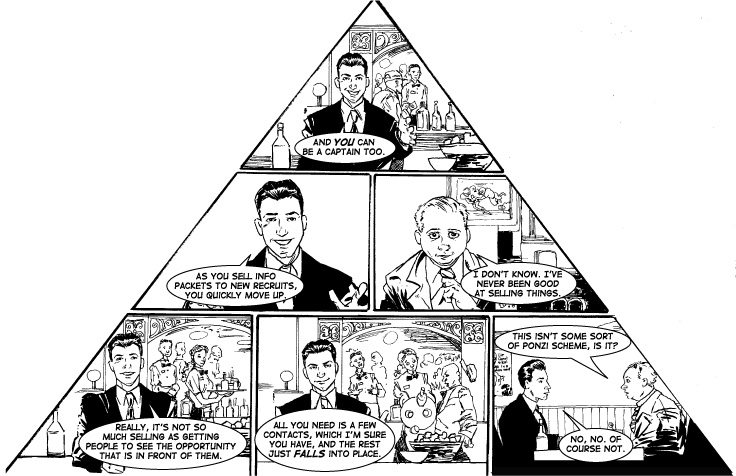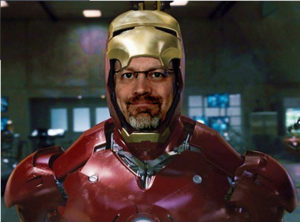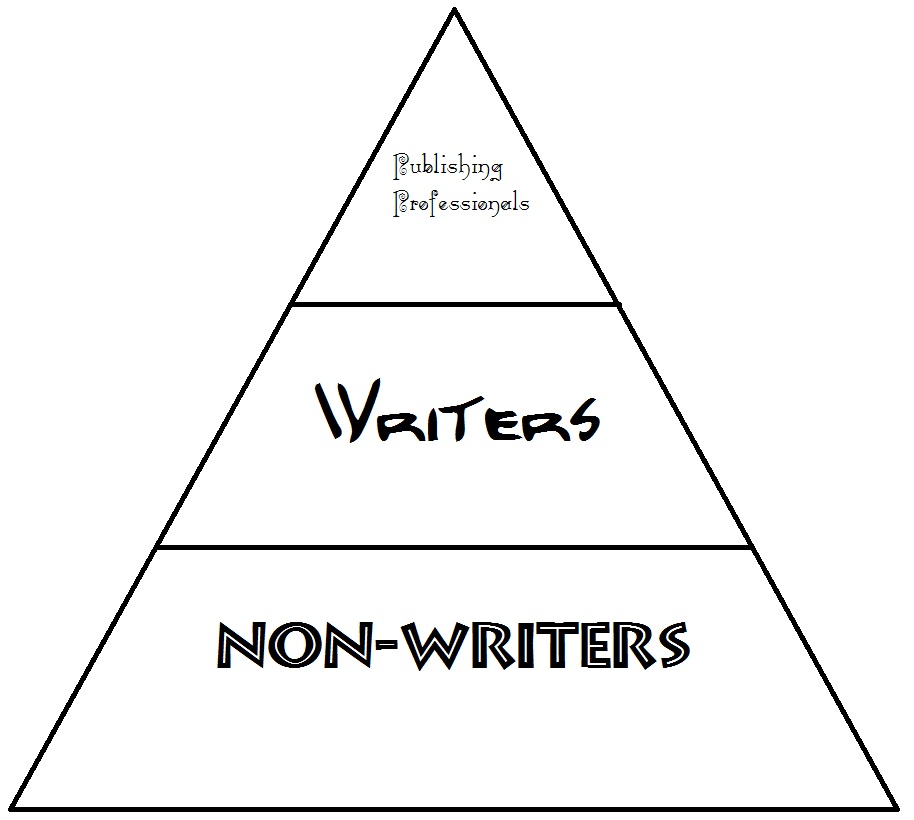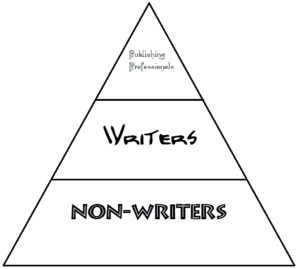Genesis Of A Winning Novel
With the American Christian Fiction Writers’ Genesis Contest now open to manuscripts from unpublished writers, we asked Matt Jones, winner of the 2011 ACFW Genesis award for best speculative submission, to share his experience.
I have kids. I was there the exact moment each of them entered the world, heard their first cries, helped change their first diaper, and felt the thrill of sharing with God in the creation of a life. For the past nine years, Iâve watched over them, protected them, provided for them, disciplined them, cuddled them. ⌠They are my offspring, the physical manifestation of the very best (and, unfortunately, sometimes worst) of me. No matter what happens in this life, they are forever irrevocably and intrinsically a part of me. They are my babies.
Then, for some inexplicable reason, they begin to grow up. The natural processes of nature that God Himself established cause them to age. My boys want to test themselves against others on the playground or in sports. My daughter shines academically and learns the thrill of victory in competition. These little beings I hold more precious than my own life begin to compare themselves with others; strangers watch them, grade them, judge them.
What can I do? On the one hand, I admit I feel a sense of excitement at the prospect of seeing them win and proving their abilities. On the other, I am no stranger to failure and know that while it is an important part of life and character, (and please pardon my French) losing sucks. Itâs a constant dichotomy between uplifting and heartrending moments. Every. Single. Time.
Still, I know itâs natural. I know itâs right. I know I have to let go, bit by bit, or I run the risk of not seeing these precious, God-designed lives reach their full potential and impact the world the way He created them to.
What does any of this have to do with writing? you ask.
Well, if youâve ever entered your own writing in a contest, you already know. As writers, we spend days and weeks locked in our little rooms, pounding away on keyboards and typewriters, pouring every ounce of creativity and care we have into our stories. We think about them while weâre making coffee, worrying over a three-word phrase until itâs perfect. We devote hours to our characters, shaping them, painting their portraits on the canvas of our imaginations; learning their strengths and weaknesses, sharing our own with them until they virtually breathe the same air with us. They are our babies.
Then the day comes. You type The End. Now what? For some people, that may simply be âthe end,â and they move on, perhaps even to a new story. But for others, the end of the story signifies the beginning of the next step, and that is watching your creation enter the world.
For me, this next step came after a five-year process (yes, I said five years) of research, writing, revisions, writing, rejections, critique groups and more writing. In my case, being a member of American Christian Fiction Writers, I chose to enter my story into their annual Genesis Contest and see if my baby was ready to grow up. After six years, Iâd finally found the courage and submitted my story â the offspring of my imagination â to the judgment of strangers. I polished my entry, worried over three-word phrases, brainstormed with my critique partner, and essentially believed I had made those pages the absolute best they could be.
I failed.
In the first round of the contest, three different judges all returned my entry with ⌠ahem ⌠low scores. And thatâs being generous. In my mindâs eye, I saw them sitting together in a room, laughing sadistically as they tore apart my entry, a gleam in their eyes from knowing they were actively shattering my dreams ⌠but I digress.
What actually happened is that, for the first time, I got an honest, unbiased outsiderâs view of my writing, untainted by relationship or motivation. It was a pure evaluation of my skills as a writer, nothing more. And it sucked. Pardon my French.
In sharing my contest scores with my local ACFW group, Writers of Inspirational Novels (or W.I.N.), I was encouraged to realize that while there was truth in the judgesâ evaluation of my writing, what I took away from those comments and scores was up to me. The judges hadnât tried to insult me with their scores. In fact, every one of them are typically writers themselves and members of ACFW, an organization often known for âtraining its competition.â So, in accepting the scores and trusting that the judgesâ intent was to help me improve my writing (although I still have issue with a judge whose lack of vocabulary loses me points), I was able to move forward and continue to do just that: I worked to improve my skills as a writer.
Fast forward two years. The beginning of 2011 rolls around, and the members of my chapter are gearing up for Genesis. At their encouragement, I stepped back into the contest, polished my pages, brainstormed with my partners, and shaped my entry into the best I thought it could be.
It worked. A couple of weeks after submitting my entry, I received my scores and learned Iâd passed into the second round. A very nice surprise, to be sure, but surely nothing else would follow.
A few weeks after that, I learned Iâd made it into the semi-final round. Really? I allowed myself a modicum of excitement. Could I have improved? Could learning and working on writing actually make my skills better?
Apparently so. I received notice that my entry had scored high and entered the final round of the contest. Three months later, unable to attend the conference, I sat in my living room, listening to the awards ceremony online when my friends called, texted, and emailed me to inform me Iâd won the Genesis contest for my genre.
My baby had won.
Iâd like to tell you that the offers for publication came rolling in after that. They didnât. Iâd like to tell you that I no longer have anxiety over sharing my writing with critique groups or entering my writing into contests. Nope.
What I have come away with is the firm belief that sharing your writing, your stories â your âbabiesâ â with the world is the only way to ever see their impact. Your writing has a purpose. Yes, sometimes itâs just for you, but what if just one personâs life could be changed by reading your story.
You have a gift that shines, so let it. You really have nothing to lose if you believe that you determine your response to any critique, any judge, any score, and allow those things to sharpen your skills instead of dull your passion.
Kids grow up. Stories end. But both need to be shared with the world to realize their full potential.
Matt Jones is a graduate of Oral Roberts University where he received a Bachelor of Science in Theology with an emphasis on Biblical History. He is the co-author of one nonfiction book entitled What Right Do I Have, written with John Sheasby of Liberated Living Ministries. Very happily married to Tracy and father to three very loud, very fun children, he now lives in Oklahoma where he writes and owns and operates Jones House Creative, a digital marketing design firm in Tulsa.
Editor’s note: for aspiring writers, the American Christian Fiction Writers’ Genesis Contest, specifically for unpublished manuscripts, remains open to new submissions. The contest’s deadline is March 2, with an ACFW member fee of $35 (non-members pay $95) per entry — and yes, entrants can submit more than one novel. Certain formatting applies to submitted files, which must include no more than 15 double-spaced pages of your novel’s beginning, followed by a one-page, single-spaced synopsis. Learn more at www.ACFW.com/Genesis.



































 Only the fourth brings my rebuttal. Thatâs because, from what Iâve seen, women who go for these sorts of stories are perfectly fine with male-only heroes. Oh yes, I canât wait to see Black Widow take down aliens with the best of them? Not. Somehow or other, itâs still Iron Man, Thor, Captain America, and even The Hulk who are the true stars of the show.
Only the fourth brings my rebuttal. Thatâs because, from what Iâve seen, women who go for these sorts of stories are perfectly fine with male-only heroes. Oh yes, I canât wait to see Black Widow take down aliens with the best of them? Not. Somehow or other, itâs still Iron Man, Thor, Captain America, and even The Hulk who are the true stars of the show.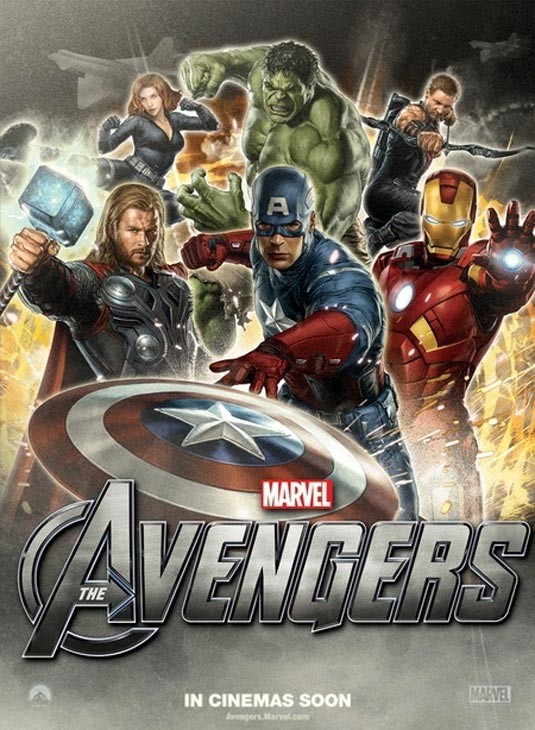





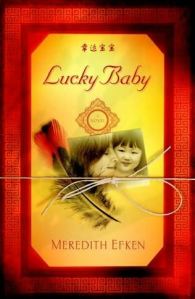
 Stay on the ground where it was safe, or climb the trees and take my chances? If the beast did not lie, I could at least taste the independence of climbing a tree before losing my sight entirely.
Stay on the ground where it was safe, or climb the trees and take my chances? If the beast did not lie, I could at least taste the independence of climbing a tree before losing my sight entirely. I faced the death of my world, and with it my being.
I faced the death of my world, and with it my being.

 Out of nowhere it comes, often randomly, and unrelated to someoneâs depression or joy. Itâs a creeping suspicion that music artist Nichole Nordeman described like this:
Out of nowhere it comes, often randomly, and unrelated to someoneâs depression or joy. Itâs a creeping suspicion that music artist Nichole Nordeman described like this: